PANDIS
‘Environmental health and medical research platform, investigating pathogenic microbes in chronic disease and cancer’
PAN - Greek meaning ALL
DIS - representing DISEASE
Our Strategic Pillars
Open Science
We’ve broken up with traditional diagnostic bands, PCR’s and siloed disease management which is a model limited to what is already known, to a whole-of-patient diagnosis - known and unknowns.
When patients, scientists and researchers share knowledge in trusted collaborations, it can improve outcomes for patients and change how society views chronic disease. Changes in mind-set correlate to changing the status quo in health and medical research. A practical way to effect change is through a focused, collaborative effort to harness evidence, data and knowledge for a shared purpose. Central to outcomes is our engine – the open minds and collective will of our working groups – scientists, clinicians, patients and partners, to collaborate together within an open-science, personalised medicine model within their disease working group.
Our Impact
- Produce scientific evidence to inform and shape policy and influence Australian health outcomes.
- House a nationally significant gold standard microbial biobank.
- Microbe and vector mapping across Australia to identify microbe ecologies, outbreaks and clusters.
- Significant reduction in Years of life lost (YLL) and increased national productivity.
- Inform environmental and economic risk, prevention strategies and translational research policy and projects.
- Reduced the burden of chronic disease in adult, aboriginal, paediatric and defence force populations.
Latest News
Anthony Field Ambassador
We are delighted to announce Anthony Field has been made an ambassador of PANDIS. Affectionately known as the “blue” Wiggle, Anthony has written a book ‘How I Got My Wiggle Back: A Memoir of Healing’ his inspiring, behind–the–scenes story of how he overcame depression, life-threatening illness, and chronic pain to get his life back.
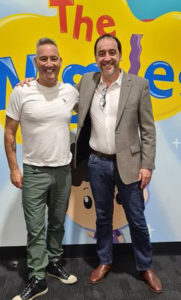

History
PANDIS began as a personalised medicine model in response to a 2018 NHMRC Targeted Call for Research into tick-borne disease as a result of the Senate inquiry into tick borne diseases - Debilitating Symptoms Complex Attributed to Ticks (DSCATT) developed by microbiologist, virologist and neuroscientist Professor Gilles Guillemin ONM (France), FRSN, Macquarie University with collaborators comprising patients and clinicians. The core team was:
Founder and Lead Scientist
- Neuroscientist and virologist Professor Gilles Guillemin ONM France, FRSN (MQU).
Collaborators
Lead clinicians
- Chronic disease clinician Dr Richard Schloeffel, OAM.
- Infectious disease clinician and researcher Dr Bernie Hudson (Infectious diseases, Royal North Shore Private Hospital),
- and a dedicated vector-borne disease working group which is now the PANDIS vector-borne disease working group incorporating patients with myalgic encephalomyelitis/chronic fatigue syndrome (ME/CFS), multiple sclerosis (MS), Alzheimer’s, dementia, cancer and mould.
Our Mission
To keep people safe from pathogenic environmental harm in natural and built environments and ecologies.
Our Vision
By 2030, chronic diseases of known and unknown microbial causation are no longer a burden to society and through evidence-based knowledge, clinical care, and support, patients progress back to health, productivity and vitality; and people are safe from infectious and pathogenic harm in natural and built environments.
Our Purpose
To lead a patient-centered, infectious and pathogenic environmental diseases health and medical research model to significantly reduce the burden of disease in Australia. We will advance the health and safety of the Australian public by providing research findings and data insights to inform pathogenic environmental risk strategies – policies, protocols, diagnostics, treatment guidelines, clinical pathways and safe practices for people who are exposed to pathogenic ecologies in natural and built environments.
We Value

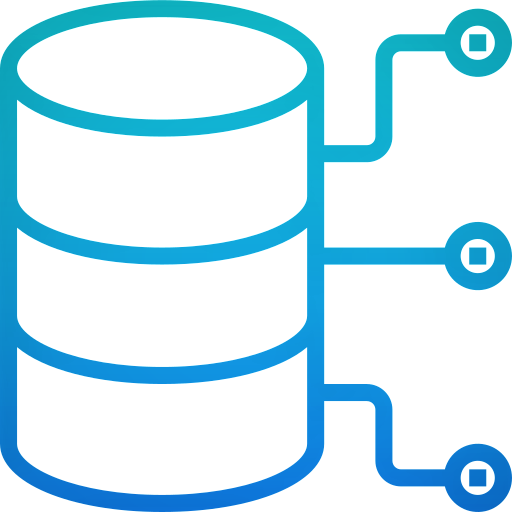
A data-led one health approach (environmental, veterinarian and human studies).
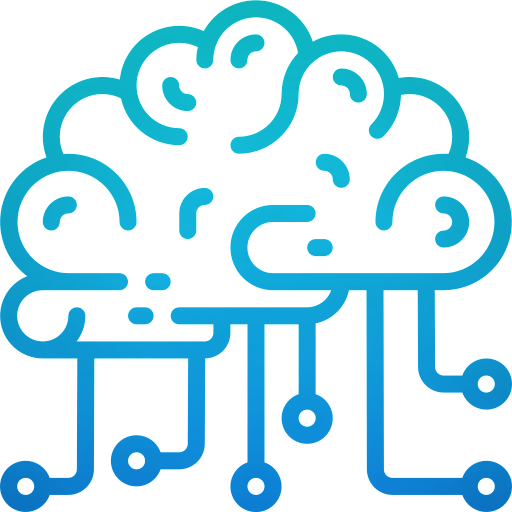
Evidence based knowledge and methodologies.
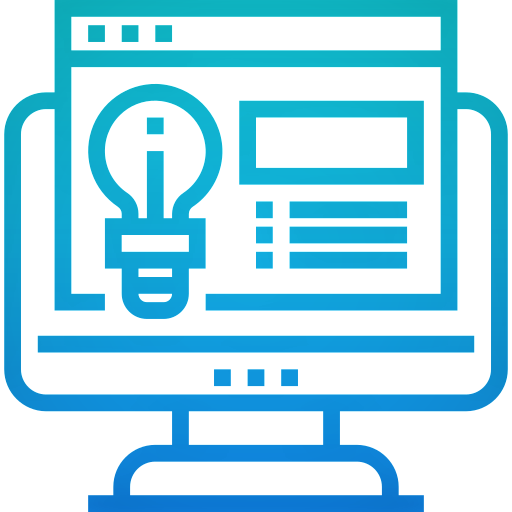
Innovative technologies.
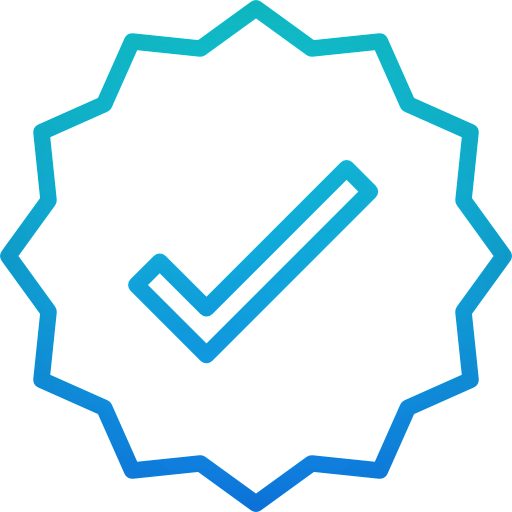
Unapologetic! We are authentic and fact based. We say it how it is and catalysts for change.
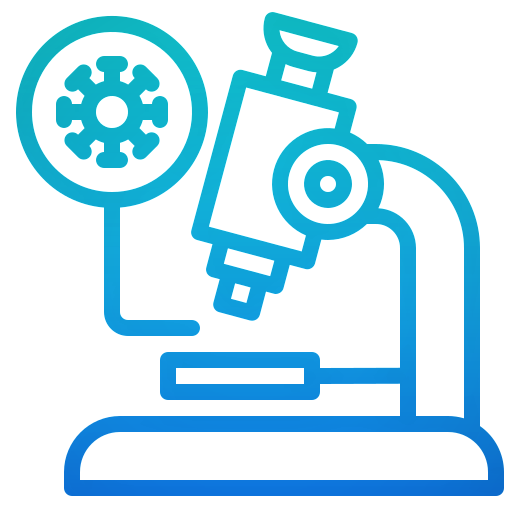
Agnostic! We are focused on the science.
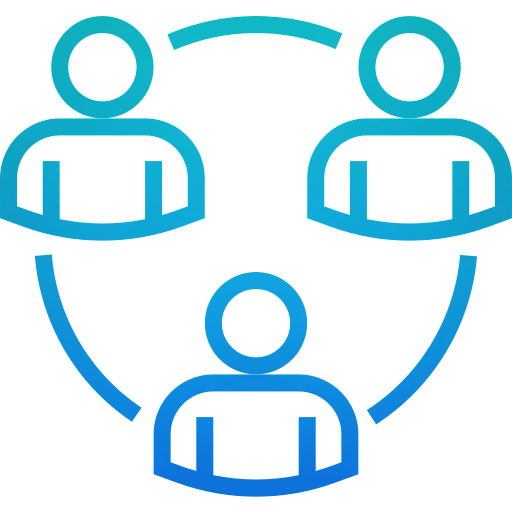
Collaborative design principles and an agile, lean-in culture.
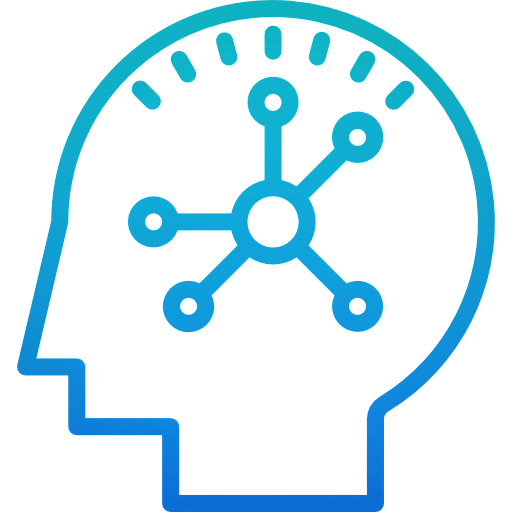
Critical thinking and adaptive, participatory inquiry
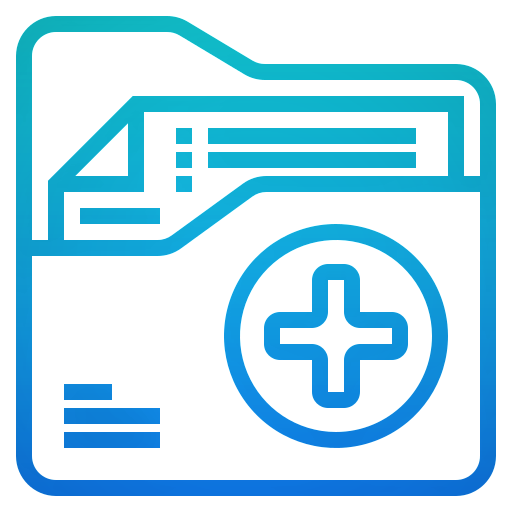
Patients are central to outcomes.
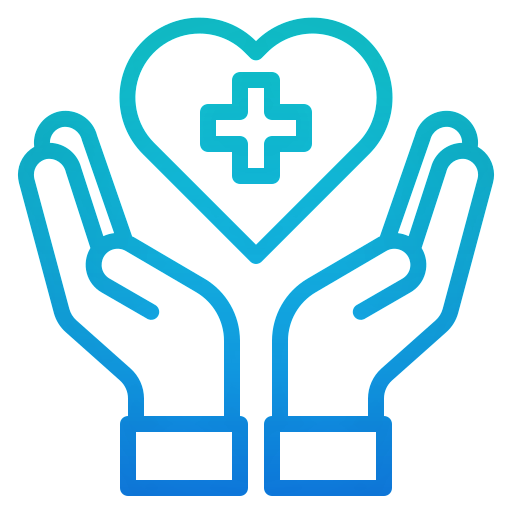
Fierce compassion! We take appropriate focused action and understand the patients’ journey and inner struggles.
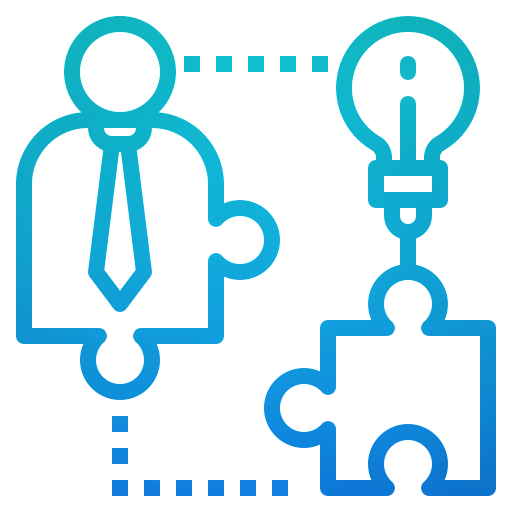
Moral courage to lead through complexity to achieve our purpose.
Our Goals
Identify
Identify causative and correlating agents in patients enrolled in a PANDIS cohort.
Map
Map vectors and microbes in Australia.
Educate and Train
Educate and train clinicians and allied health.
Develop
Develop diagnostic protocols for pathogenic, zoonotic and infectious diseases in Australia.
Find
Find effective treatments for all disease streams enrolled in PANDIS including adult, aboriginal and paediatric cohorts.
Inform
Inform policy, protocols and prevention strategies.
Our Partners


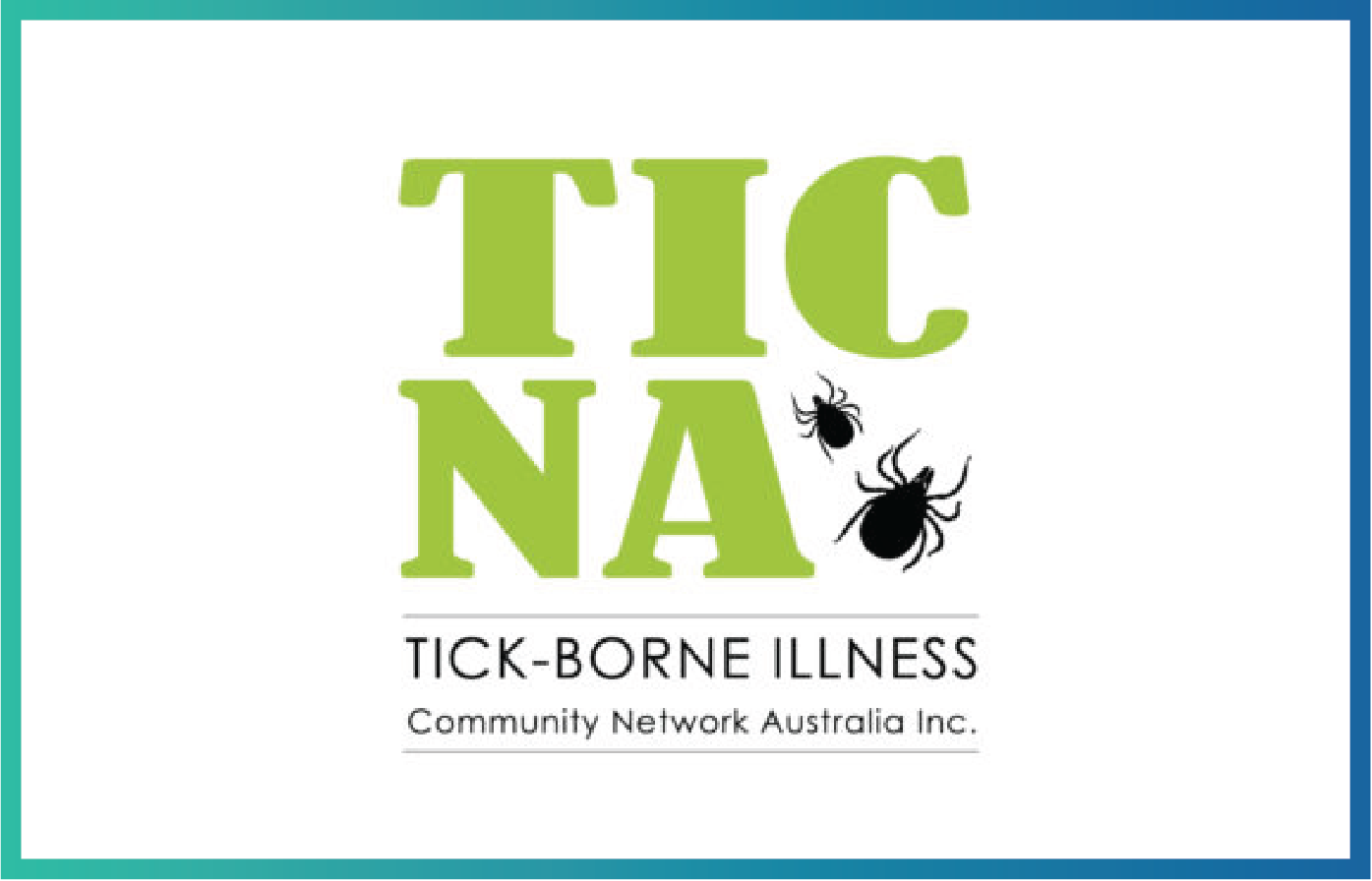
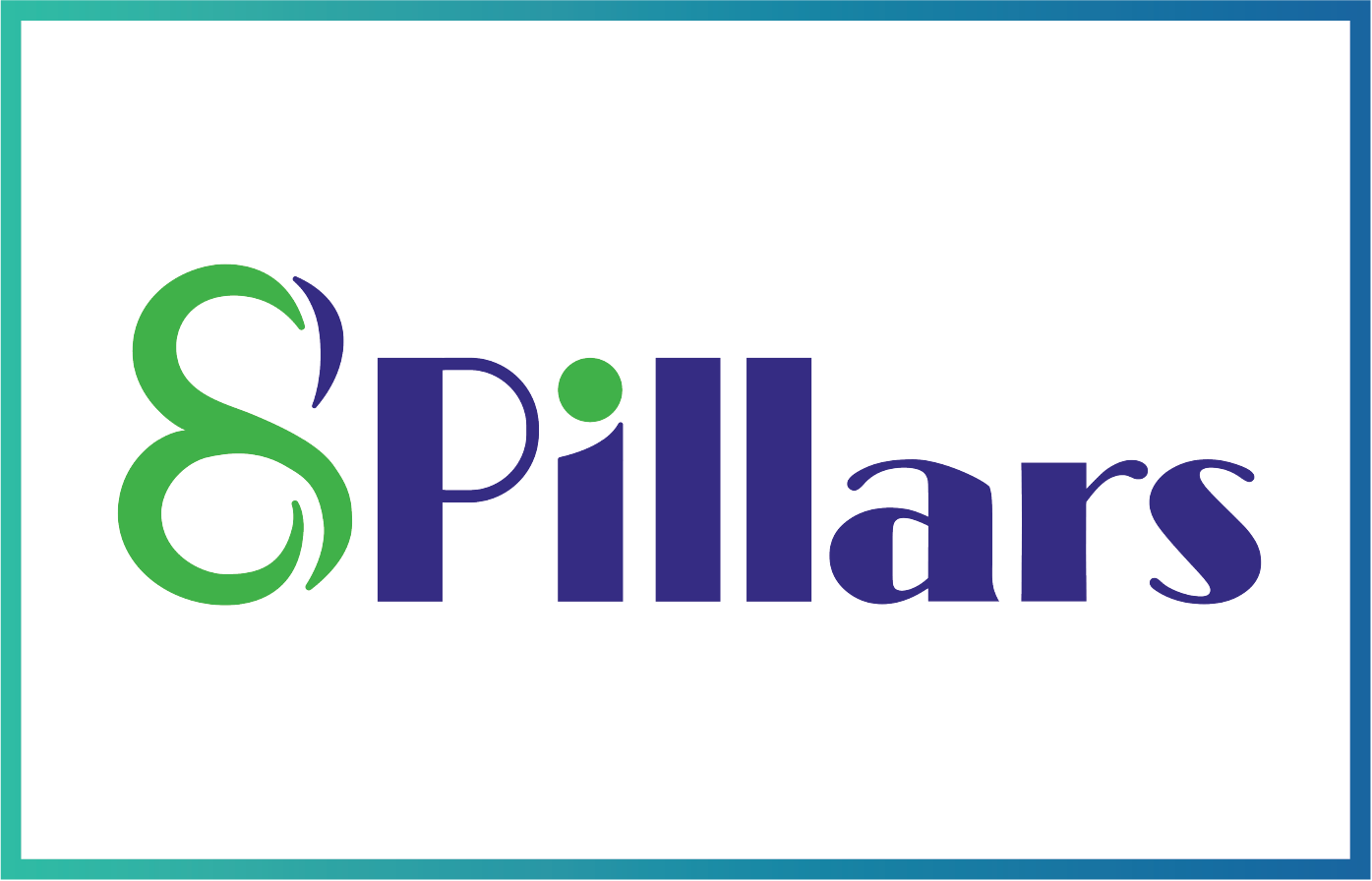

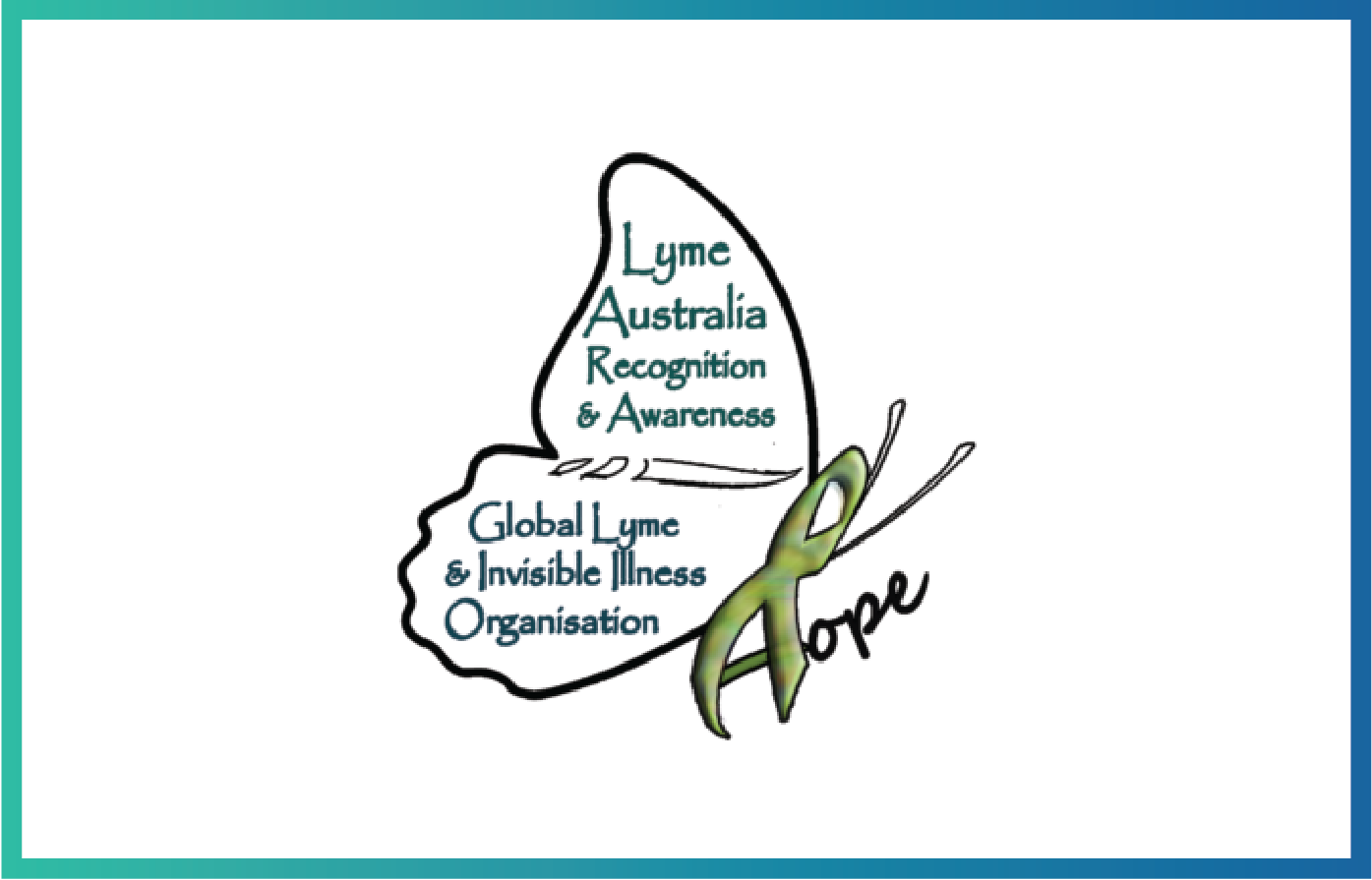




Send us a message
If you are a patient or want to support a patient, to help achieve our mission please email admin@pandis.org
